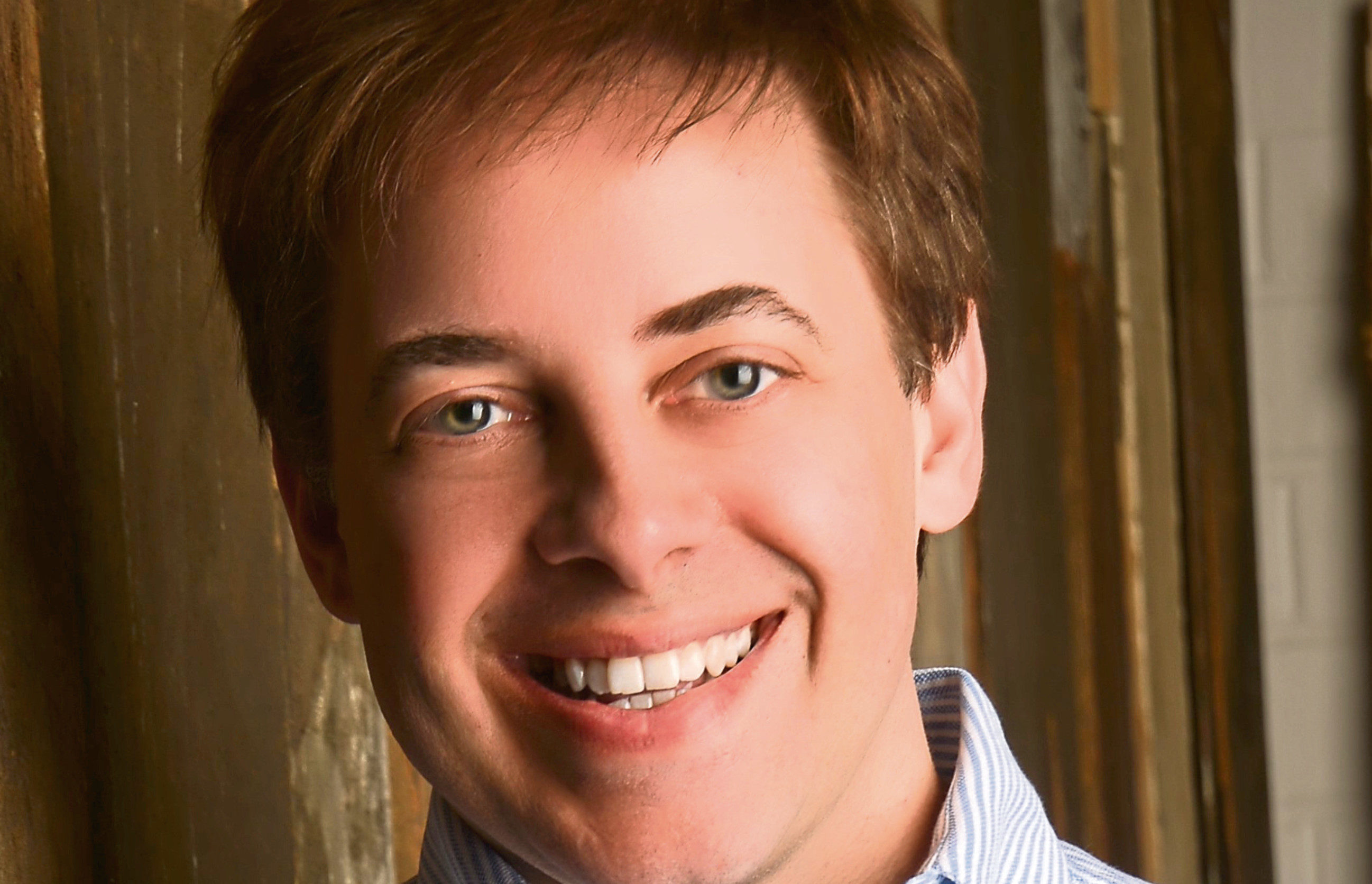
IN his new book, psychology professor Mitch Prinstein reveals the power and pitfalls of popularity, and how we’re hardwired to crave its surprising benefits.
He tells Laura Smith the Honest Truth about why we should strive to be liked and why status is toxic.
Why write a book on popularity?
I’ve been studying popularity for more than 20 years to understand why our reputation among peers in childhood is one of the most powerful predictors of our happiness, success, and even health decades later.
But the decision to write the book came from my observations of how our world has changed over the last decade. There are two different types of popularity and, for the first time, we have become addicted to the type of popularity we know can be harmful to us, and dangerous for our children.
Why do we care so much about being popular?
Whether we care to admit it or not, we all care about what others think of us, and these concerns run deep. At the moment we perceive that we may be rejected by others, dormant DNA in our cells becomes activated, preparing us for immediate danger or injury. It seems that as humans, even our biology is responsive to our standing within the herd and threats to our popularity among others.
What are the two different types of popularity?
Likeability and status. Likeability is based on how much we make others feel happy, valued and included. Our likeability has long-term and surprisingly powerful effects on our happiness within personal and professional relationships and even our physical health.
Anyone who went to high school probably remembers that those who were “most popular” probably weren’t very likeable, however. That’s because in adolescence, popularity reflects status instead. Status is based on how visible, dominant, influential, and powerful we are.
Is one better to strive for over the other?
Investing in our likeability is very important but we are now in a world that focuses on all sorts of metrics that emphasise status instead. It’s concerning to think about the time our children spend wishing they were well-known or influential, and the effort they put into cultivating their online profiles, because research says high status increases risk of addictions, relationship difficulties, anxiety, and depression.
Can our upbringing influence our popularity?
Likeable people tend to come from likeable parents because the world we’re raised in teaches us how to interact with others.
Does how popular we were at school affect us later in life?
Those who were most likeable tend to be more likely to get hired, promoted, have happier and longer marriages and more likeable children. Psychologists have found likeable people are afforded more opportunities at work and at home that actually increase their skills and ultimately make them more qualified and capable. In contrast, those who are rejected by their peers are denied opportunities and consequently, their skills lag behind others.
Any surprising benefits to being popular?
Yes, a longer life with fewer illnesses! In fact, the effects of social rejection on our mortality are so strong that the only risk factor that affects health as strongly is excessive smoking!
What role does social media play?
Social media can be used to make us more likeable, but it is most often designed to make us seek status. Research also shows our exposure to images tagged with icons suggesting that these posts are “popular” online can actually release our inhibitions towards attitudes we previously regarded as inappropriate, immoral or dangerous.
So what’s the secret to being popular?
Attend to others more than you attempt them to attend to you.
The Popularity Illusion: Why status is toxic but likeability wins all by Mitch Prinstein, published by Vermilion, is out now.

Enjoy the convenience of having The Sunday Post delivered as a digital ePaper straight to your smartphone, tablet or computer.
Subscribe for only £5.49 a month and enjoy all the benefits of the printed paper as a digital replica.
Subscribe